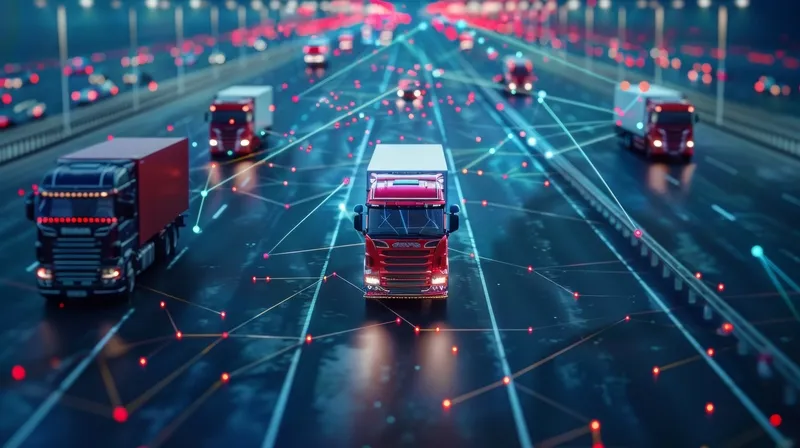Worldline, Atos subsidiary in e-payment and transactional services, and global mapping and location solutions provider Here are joining forces to accelerate the global roll-out of connected vehicle solutions.
François Gatineau, head of Business Division M2M Mobility at Worldline, explains: “Our open, robust, scalable and flexible platform can integrate all content and service suppliers, allowing new revenue streams to be generated and improving customer satisfaction via an income and risk sharing model.
March 6, 2014
Read time: 2 mins
François Gatineau, head of Business Division M2M Mobility at Worldline, explains: “Our open, robust, scalable and flexible platform can integrate all content and service suppliers, allowing new revenue streams to be generated and improving customer satisfaction via an income and risk sharing model. Worldline and HERE combine their expertise in connected services to bring innovative end to end solutions to the manufacturer market”.
“HERE offers the most comprehensive and flexible location platform in the market. We have a long history in creating complete solutions for a wide range of industries, as well as offering parts of our offering to partners,” says Floris van de Klashorst, head of Connected Car at HERE. “Our cooperation with Worldline will make the promised connected vehicles a reality even faster.”










